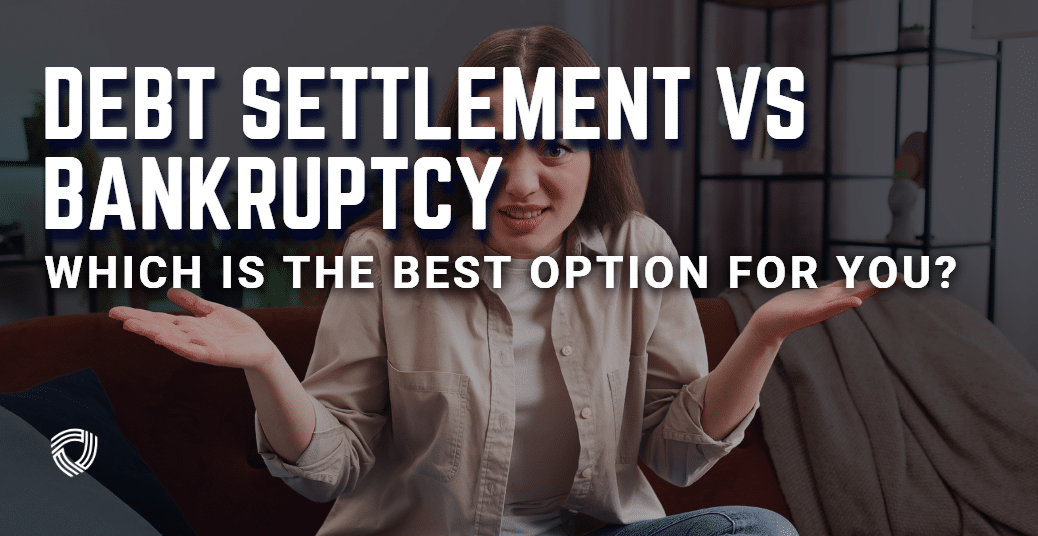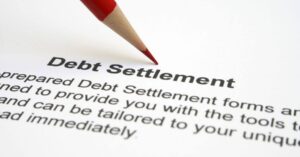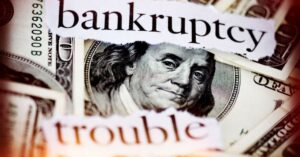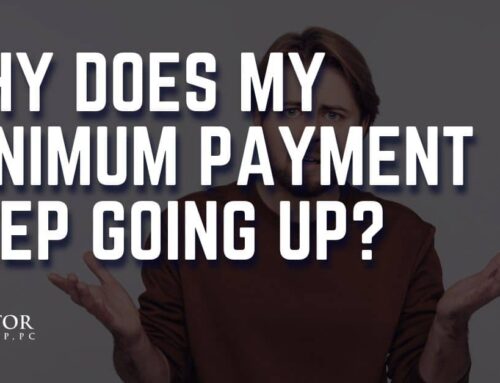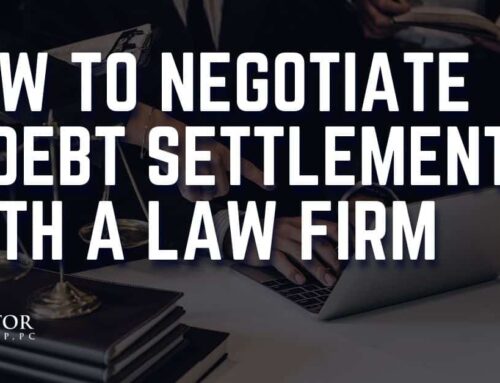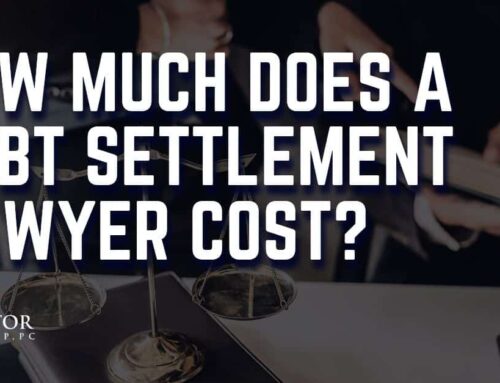The current economic climate has made managing finances increasingly difficult, with rising costs and higher interest rates impacting both new loans and existing credit card debt. If you’re struggling to pay off your balances, interest charges can quickly add up, putting you in a tough financial spot.
When it comes to debt relief, many people believe that one option—whether bankruptcy or debt settlement—is better than the other. However, the right choice depends on your specific situation. In this blog we’ll go over both options and let YOU decide which is the best choice for you and your debt. So, is debt settlement better than bankruptcy?
What is Debt Settlement?
Debt settlement is a process in which you or a third-party organization negotiate with your creditors to decrease the total amount owed. This technique frequently entails suspending payments on your obligations, enabling your accounts to become delinquent, which can provide power in talks.
When you work with a debt settlement organization, a skilled negotiator negotiates on your behalf with your creditors to make lump-sum agreements, which are generally for a fraction of the initial balance. Once a settlement is reached, you pay the negotiated sum and the balance is forgiven.
Many people battling with debt may find debt settlement appealing. It allows them to considerably lower their debt and maybe get out of debt sooner than they would with typical repayment options.
What is Bankruptcy?
Bankruptcy is a legal process that allows people or organizations to deal with insurmountable debt by seeking court protection. It can either remove debts or devise a repayment strategy. Chapter 7 liquidates assets, whereas Chapter 13 reorganizes debts.
The procedure begins with submitting a petition in bankruptcy court outlining your financial position. Following filing, an automatic stay halts most creditor collection activities, offering instant relief. This systematic approach to debt management is why bankruptcy may appeal to many people who are struggling financially.
So, now that we’ve covered what each of them are, which is the best course of action if you ever find yourself in debt? Is debt settlement preferable to bankruptcy?
Is Debt Settlement Better Than Bankruptcy?
When picking between debt settlement and bankruptcy, you must first determine which option is best for your case.
Debt settlement may be a viable alternative if you are struggling with high-interest credit card payments but can still manage the majority of your debt. It is useful if you want to protect your assets because it avoids the liquidation laws of bankruptcy. Debt settlement also speeds your credit recovery, allowing you to use credit responsibly sooner and take a methodical approach to getting back on track financially.
Bankruptcy may be a preferable option if you have a considerable amount of debt, particularly if it includes credit card and medical debt. It provides rapid relief and can prevent pay garnishment, foreclosure, and creditor harassment. While bankruptcy can have a long-term impact on your score, it is a faster answer for those with large amounts of overwhelming debt.
Both debt settlement and bankruptcy have their benefits. Your specific financial condition and goals will determine the best alternative.

